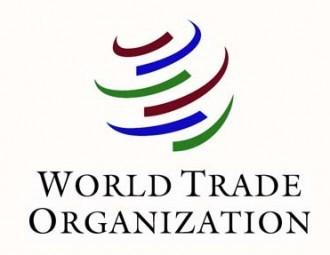Belarus goes to the WTO – with Russia’s support

Belarus wants to join the World Trade Organization. And it wants to do so as soon as possible, Sergei Kuznetsov writes.
However, it is no secret that the main hurdle on the way to this goal is the country’s strained relationship with the US and the EU, which have heavily criticised the Belarusian government for its authoritarian behaviour.
But Belarusian officials are in an optimistic frame of mind, saying the western nations are ready to give a green light.
Addressing parliament last week, President Aliaksandr Lukashenka said the US and EU would not politicise Belarus’ accession to the WTO. “The US has recently stated it would not politicise our accession, would not block or oppose this process. It is great. The EU has done likewise,” Lukashenka said.
He added that Belarus could join the WTO “in the near future”.
Aliaksandr Gurianau, deputy foreign minister, is equally optimistic. “Today the US and EU are ready to conduct all negotiations with us,” he told beyondbrics.
Gurianau said Belarus hoped to resume activities at a WTO Working Party on the country’s accession after a long hiatus. “We agreed that the chairman’s consultations will take place in Geneva on May 16. The consultations could be a catalyst for further work. In addition, we are planning to hold bilateral talks with a number of states in May,” Gurianau said.
Earlier, the European Commission confirmed that the Working Party’s activities might be resumed. And Russia is front and centre in this process. “Recently Russia, supported by Ukraine and China, is pressing for the resumption of Working Party meetings,” the EC said in a memo.
Said Gurianau: “Russia, as a member of the WTO, has repeatedly stated in the WTO the need to accelerate negotiations with Belarus… Russia provides consulting help to Belarus as to a member of the Russia-Kazakhstan-Belarus customs union. Our country also receives technical assistance from the Russian ministry of economic development.”
Gurianau believes that, if things develop favourably, Belarus may become a WTO member in 2015.
Meanwhile, Mikalai Snapkou, economy minister, is even more optimistic. He told beyondbrics that Belarus could join the WTO within one year if the US and EU “leave politics out of the process.” Quite a big “if”.
-
03.01
-
07.10
-
22.09
-
17.08
-
12.08
-
30.09








































